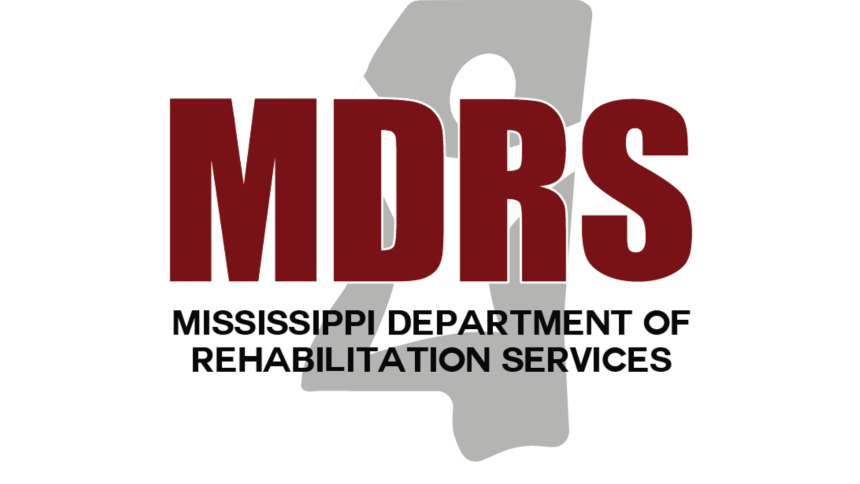In observance of October being National Disability Employment Awareness Month, the Mississippi Department of Rehabilitation Services (MDRS) is looking to assist handicapped individuals in obtaining employment.
MDRS Executive Director Chris Howard is encouraging businesses to take a chance on a prospect with disabilities, but for good reason. While there are financial incentives for business owners to hire a disabled individual, Howard adds that there are other factors that would benefit both parties. One element is that disabled individuals tend to show loyalty to an employer who gives them an opportunity.

“Some businesses may not realize that there are tax incentives for hiring a person with a disability. There are studies to show that if you hire a person with a disability, they’re more loyal to the corporation than persons without a disability,” Howard said on The Gallo Show. “For us to be able to connect with a business and bring them a person who has been trained and is ready for that employment, most of the time that person is going to be loyal and they’re going to stay there and really offer great work.”
According to Howard, a disability is more than just a physical ailment such as blindness, deafness, loss of a limb, etc. Those struggling with addictions or personality disorders are also considered disabled by the MDRS’ standards, given often times, these individuals struggle to maintain longterm employment due to their impairments.
“We serve individuals who may have a prosthetic, or are blind, deaf, but also a disability is drug and alcohol abuse,” Howard continued “Maybe it’s PTSD or maybe a severe anxiety, or severe ADHD that you just can’t concentrate and maintain a job. That is a disability that results in impairment.”
As numerous companies are struggling to find laborers who are willing to show up and perform daily tasks, the MDRS is urging administrators in these sectors to seek the department’s assistance in finding employees. Howard ensures that a business will not be hung out to dry if they provide a disabled person with a career opportunity.
“We’re going to continue to work with that business. We’re going to continue to work with those employers and do whatever we can to help it be a win-win situation for the businesses as well as the person,” Howard reiterated.
The full interview with Howard can be seen below:







